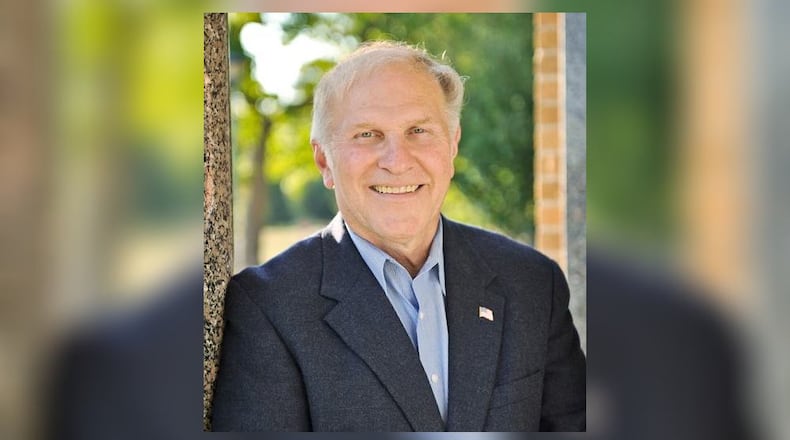By the time Trump announced America’s “Golden Age” in his second inaugural address, Ohio was well on the way to reclaiming its own Gilded Age prominence — both by sending gifted leaders to Washington and by serving as a “city on a hill” for other states to emulate.
As the author of Hillbilly Elegy, J.D. Vance has brought attention to the plight of America’s forgotten working class. As senator and as vice president, he’s worked to combat the failed economic, trade, and immigration policies that led to stagnant wages and widespread deaths of despair. In January, Ohio voters sent Bernie Moreno to the Senate, where he’s already distinguished himself as a champion of the America First agenda.
Ohio only recently became a true red state, so there’s still a lot of work to be done. Ohio still has one of the largest state government workforces in the country, with a much higher number of public employees per capita than Texas or Florida.
Ohio also imposes the fourth-heaviest regulatory burden in the nation, coming in behind deep-blue California, New York, and Illinois. According to a Mercatus Center study, Ohio has about 246,000 regulatory restrictions on the books. Georgia, with its similarly sized population, has just 109,000.
Scaling back red tape should be the next governor’s top priority.
To accomplish that goal, some candidates have called for zeroing out Ohio’s income tax, which would reduce the size of the state workforce and align our tax policy more closely with booming red states like Texas and Florida. That means more talent will move here — and stay.
The next Ohio governor should also target red tape and regulations to ensure that Ohio gets a piece of the advanced manufacturing boom Trump’s tariffs will usher in. They should unleash excellent, not punish it like the Biden administration did all too often.
As too many Ohio businesses have complained to me about, President Biden’s Justice Department even opened a case against Visa — not because it’s harming consumers or because it has a monopoly (I’m all for aggressive antitrust enforcement of monopolies), but because it’s been too effective at supporting Main Street businesses. Most Ohio consumers and small businesses choose to use this network even though they have so many other options available to them, but Biden’s DOJ opted to scapegoat a functioning market to score political points. That’s exactly the kind of Washington overreach Ohioans are sick of — punishing success instead of going after real, problem monopolists.
Americans are tired of it, and so are Ohioans. That’s why our voters and lawmakers are hard at work ushering in a new Golden Age — not only for our state, but for the country as a whole.
Steve Chabot is a lawyer and former Member of Congress from Ohio. He served as chair of the Small Business Committee and as a member of the Judiciary Committee.
About the Author
